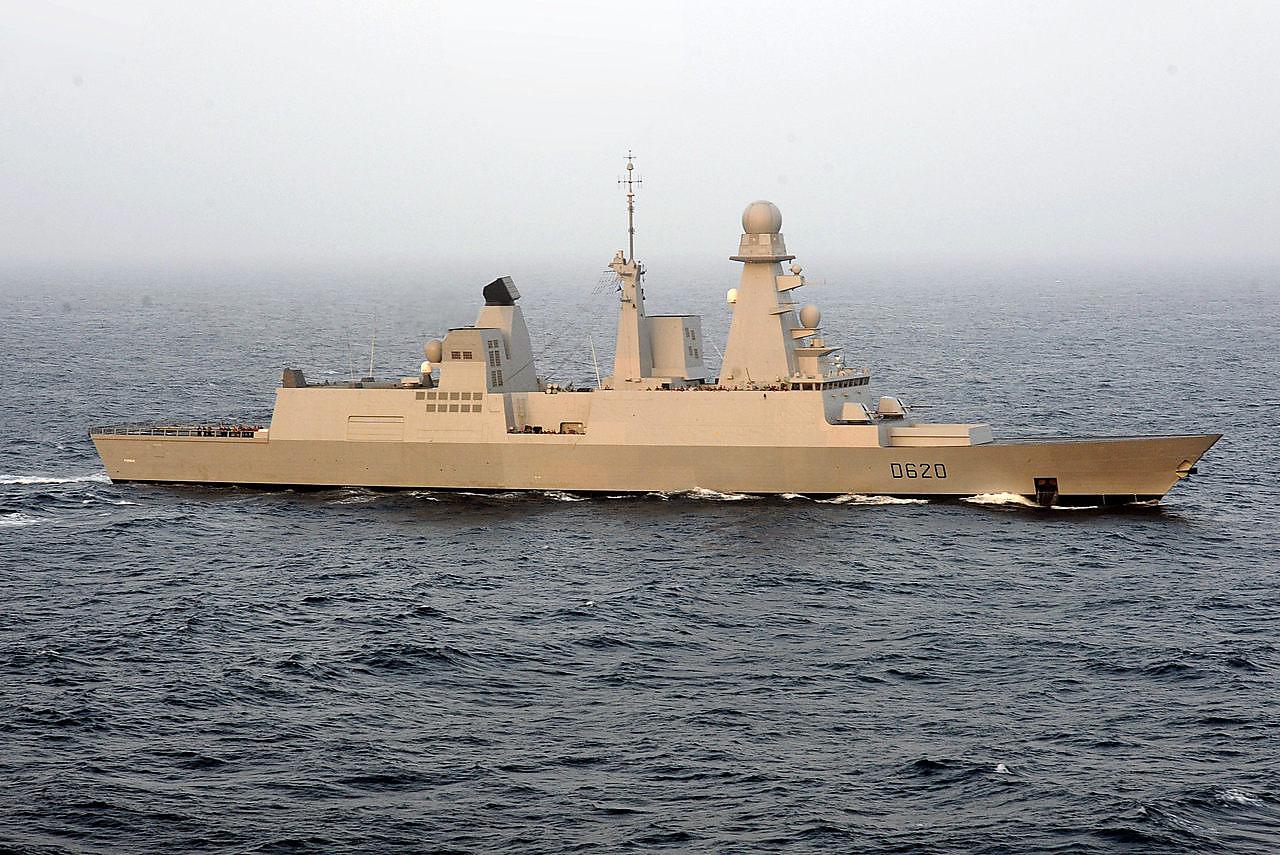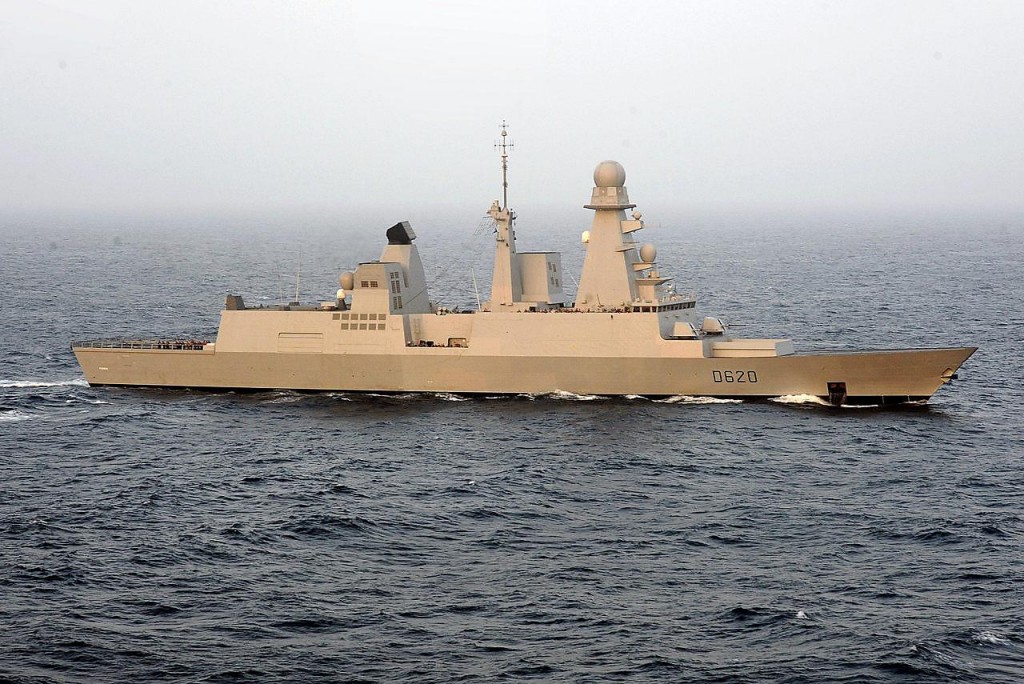Source: European Defence Agency
BRUSSELS —Member States can as of now profit from VAT exemption for projects run by the European Defence Agency (EDA). The recently adopted revised Council Decision defining the statute, seat and operational rules of the EDA includes the clause that cooperative defence projects and programmes are exempt from VAT as long as the Agency adds value to the initiative.
“The VAT exemption is a strong incentive to European defence cooperation: it generates an attractive business case for cooperative projects and programmes in the framework of the EDA.We will soon propose roadmaps for potential future cooperative programmes for which Member States will be able to benefit from the VAT exemption and thus achieve considerable savings”, comments Jorge Domecq, Chief Executive of the European Defence Agency.
With the entering into force of the revised Council Decision on 13 October, the new provision can be applied immediately for any new EDA initiative meeting the Decision’s conditions.
VAT exemption is not linked to the nature of the activity. It can thus be applied to any project and programme where the Agency adds value ranging from technical expertise, pooling demand, building a multinational capability or synergies with EU wider policies, promoting interoperability to full administrative and contractual management of a cooperative initiative. Member States are and remain the end-users of the capability.
Concrete savings
“While the VAT exemption should not be the driver for defence cooperation, tight defence budgets limit investment in research, innovation and capabilities. Any breathing space is appreciated. By incentivising defence cooperation financially, we will be able to do more and better together”, says Jorge Domecq.
One of the projects the VAT exemption will be immediately applied to is the EU SatCom Market, an EDA project where the Agency provides for satellite communication services for currently eleven Member States and the Athena mechanism.
The EDA is responsible for procurement and contract tasks, manages orders as well as payments and provides technical advice as needed and thus adds clear technical and administrative value to the project. As a consequence, each order – which comes from Member States individually or by groups – benefits from VAT exemption.
One Member State has for example recently submitted an order of about 1.3 million Euros for one year of services. Due to the VAT exemption, this Member State will not have to pay VAT for a corresponding value of 273 thousand Euros which represents about three months of free services.
Legal basis
The Council Decision defining the statute, seat and operational rules of the EDA (Council Decision (CFSP) 2015/1835) was adopted by the Foreign Affairs Council on 12 October 2015. It foresees that VAT exemption applies to activities where the role of the Agency in administering projects or programmes in support of Member States brings an added value.
The legal basis for VAT exemption are Protocol No 7 of the EU Treaties on the privileges and immunities of the European Union and Council Directive 2006/112/EC of 28 November 2006 on the common system of value added tax.
The VAT exemption is compliant with EU law; and is not market distorting.
Background
The European Defence Agency was set-up in 2004 to support the Council and the Member States in their effort to improve the European Union’s defence capabilities for the Common Security and Defence Policy (CSDP). This means running and supporting cooperative European defence projects; supporting research and technology development; boosting the European defence technological and industrial base; and working on wider EU policies.
Image Sourced: Wikipedia


